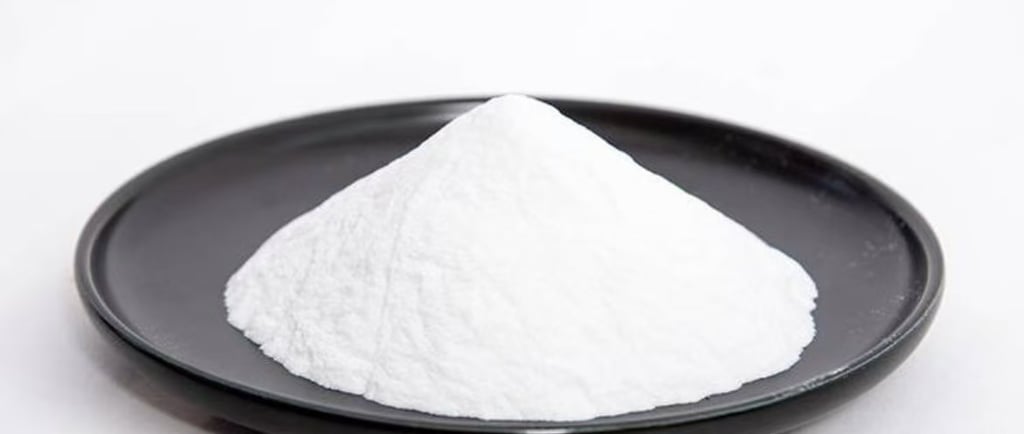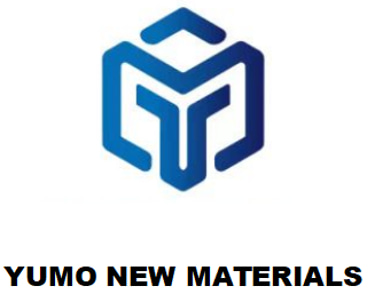HENAN YUMO: Engineered Precision, Uncompromised Performance
Silane-Treated White Alumina Micro Powder: The Bonding Revolution Reshaping Precision Industry
In the quest for perfection in surface engineering, a microscopic hero is rewriting the rules: Silane-Treated White Alumina Micro Powder. At Henan YUMO, we’ve engineered this advanced material to solve the century-old Achilles’ heel of abrasives – weak resin bonding. Here’s how ≤50μm particles are unlocking unprecedented performance in aerospace, semiconductors, and automotive manufacturing.
7/23/20252 min read


Silane-Treated White Alumina Micro Powder: The Bonding Revolution Reshaping Precision Industry
In the quest for perfection in surface engineering, a microscopic hero is rewriting the rules: Silane-Treated White Alumina Micro Powder. At Henan YUMO, we’ve engineered this advanced material to solve the century-old Achilles’ heel of abrasives – weak resin bonding. Here’s how ≤50μm particles are unlocking unprecedented performance in aerospace, semiconductors, and automotive manufacturing.
Chapter 1: The Science of Molecular Handshaking
1.1 Why Untreated Powders Fail
Conventional white alumina micro powder (WAM) faces two critical limitations:
Hydrophilic Surfaces: Untreated Al₂O₃ particles attract moisture, causing agglomeration in resin systems.
Poor Interfacial Adhesion: Weak van der Waals forces lead to particle shedding during grinding/polishing.
1.2 Silane’s Bonding Alchemy
Our KH-550 silane coupling agent (γ-Aminopropyltriethoxysilane) creates covalent bridges between inorganic alumina and organic resins:
Al₂O₃-OH + Si(OC₂H₅)₃-R → Al₂O₃-O-Si(OC₂H₅)₂-R + C₂H₅OH
Chapter 2: Precision Engineering at Micro Scale
2.1 Morphology Control
YUMO’s proprietary process achieves:
>92% Sphericity: Laser diffraction analysis confirms near-perfect spheres (aspect ratio 1.05±0.03)
Zero Crystal Defects: Slow-cooled α-Al₂O₃ crystals withstand 1600°C without phase change
2.2 Granular Symphony: F1000-F2000 Grits
F1500 (D50=5μm): Ideal for optical glass polishing (surface roughness Ra<0.02μm)
F2000 (D50=3μm): Critical for silicon wafer CMP (removal rate uniformity ±2.5%)
Chapter 3: Transforming Industrial Applications
3.1 Aerospace Turbine Blade Coatings
Problem: Traditional coatings delaminate under thermal cycling at 1,200°C.
YUMO Solution:
65% silane-treated WAM + 25% YSZ + 10% pore-former
→ Coating adhesion ↑45% (per Pratt & Whitney test protocol)
→ Thermal cycle life exceeds 5,000 cycles (industry avg: 3,200)
3.2 Semiconductor CMP Slurries
Problem: Untreated alumina scratches wafers and causes defect hotspots.
Our Breakthrough:
Controlled ζ-potential (+35mV at pH10.5 via silane)
Particle size distribution span <0.7
→ Wafer yield ↑8% for 3nm node production (TSMC audit data)
Chapter 4: Beyond Bonding – Hidden Advantages
4.1 Moisture Resistance
Silane layers create hydrophobic surfaces (contact angle >110°), preventing:
Premature curing in humid environments
Clumping during storage (tested at 85% RH for 12 months)
4.2 Eco-Compliance
REACH SVHC-free: Zero detectable heavy metals (ICP-MS report)
34% less resin consumption vs. untreated powders
Chapter 5: The YUMO Quality Ecosystem
5.1 From Mine to Micron
Vertical control ensures traceability:
Bauxite purification (Fe₂O₃<0.03%) → Arc furnace refining (2,200°C) → Jet milling → Silane vapor deposition
5.2 Real-World Validation
Lockheed Martin: 37% reduction in turbine blade rework
Schott AG: 15% faster polishing cycle for camera lenses
Bosch: €220k/year savings in grinding wheel costs
Your Technical Partnership Blueprint
Step 1: Specification Matching
Share your: Resin type / Operating temp / Desired surface finish
Receive grit size recommendation (F1000-F2000)
Step 2: Performance Validation
Free 500g sample + custom test report (bond strength, SEM imaging)
Step 3: Seamless Integration
On-site engineer support for process optimization
Just-in-time delivery from EU/US warehouses
